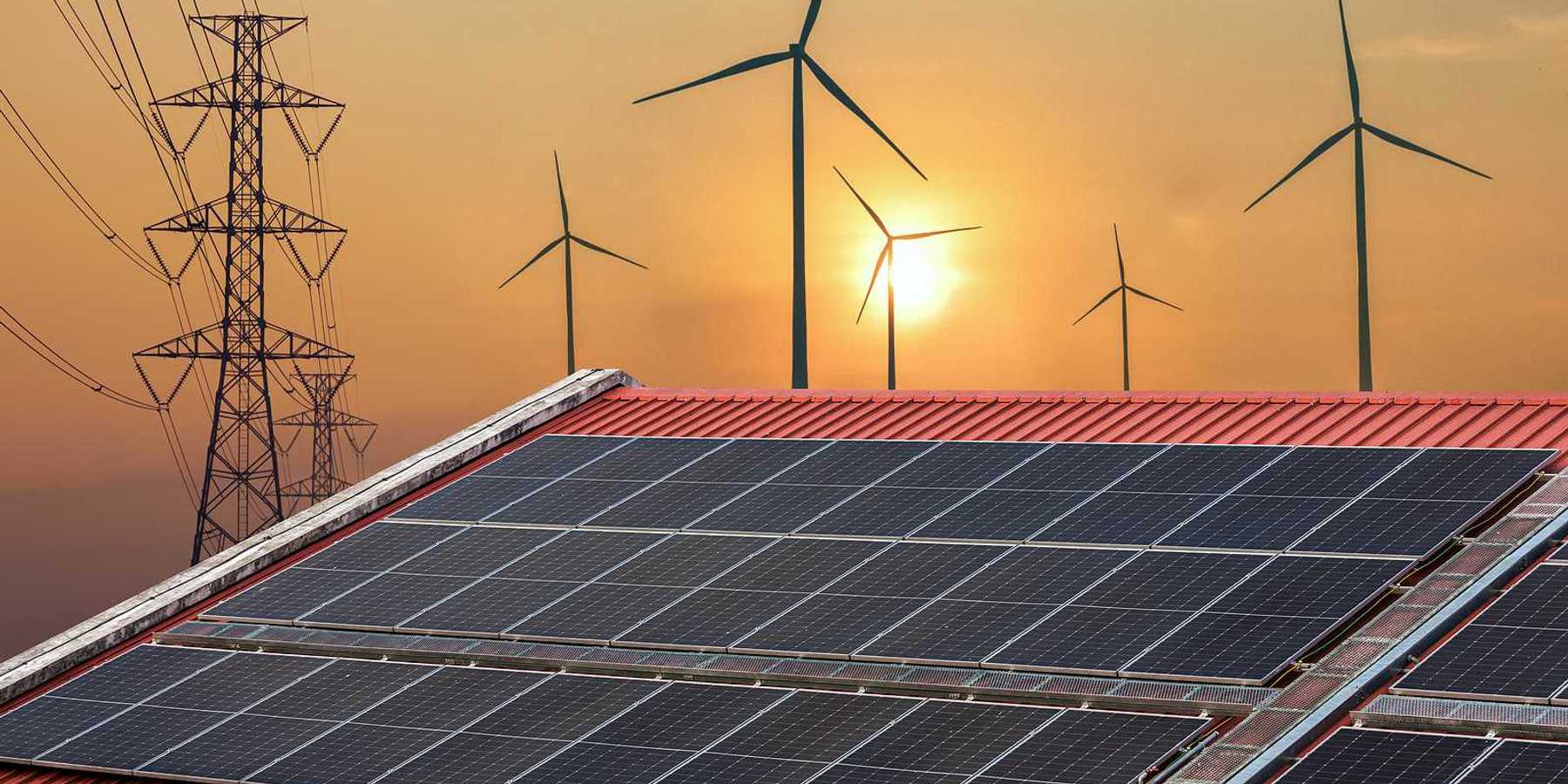Diversity in environmental organizations is improving, with still a long way to go.
A dispatch from the 2018 Society of Environmental Journalists Conference in Flint, Michigan
When it comes to leadership in environmental organizations, key positions are still held by white men.
Ethnic minorities represent less than 20 percent of staff at environmental organizations, despite representing more than 40 percent of the U.S. population, according to Dorceta Taylor, a University of Michigan professor who authored a 2014 study looking at the disparity. In environmental advocacy and grantmaking organizations as well as governmental agencies, power is held largely by white men, according to the study.
"We haven't solved the problem, but there's been an upward trend," Taylor said Friday at the Society of Environmental Journalists conference.
Women have made significant gains, she noted: From 1988 to 1990 they made up just 30 percent of the staff in environmental organizations. Today, she said, that number is around 62 percent.
Environmental justice reporter Yessenia Funes agreed that things are improving.
"There's a long way to go still," Funes said, "but things have gotten so much better than when I started reporting in this space just five years ago."
Although women now hold a majority of positions in environmental organizations, they're still mostly white women, Taylor noted. And the positions they hold are primarily entry-level.
"As you start to hit the glass ceiling, the numbers of women in C-level positions drop significantly," Taylor said, adding that her newest research shows that significant gender and racial wage gaps still persist—and that they're the largest for women of color.
"We are starting to see changes at very high levels. Presidents and vice presidents of major environmental organizations are finally starting to include people of color."
Grist executive editor Nikhil Swaminathan, who moderated the panel discussion, said that diversity in the stories about environmental work is just as important as diversity within environmental organizations.
"Environmental organizations have a diversity problem," Swaminathan said. "Journalism does, too. It's important to tell stories that reflect the audience you want to have."
Rhonda Anderson, a Detroit-based environmental justice organizer for the Sierra Club, pointed to journalist Zoë Schlanger's reporting on toxic air pollution in Detroit as an example of why including diverse voices in stories about environmental health is so important. After that story broke in 2016, the EPA was forced to take action.
"When you cover these stories, it makes a major difference," Anderson said. "You can literally save lives."
Editor's note: This week, the Society of Environmental Journalists is holding its annual convention in Flint, Michigan. EHN.org reporter Kristina Marusic is there, and senior editor Brian Bienkowski is conference co-chair. Follow the conversation on Twitter at #SEJ2018













